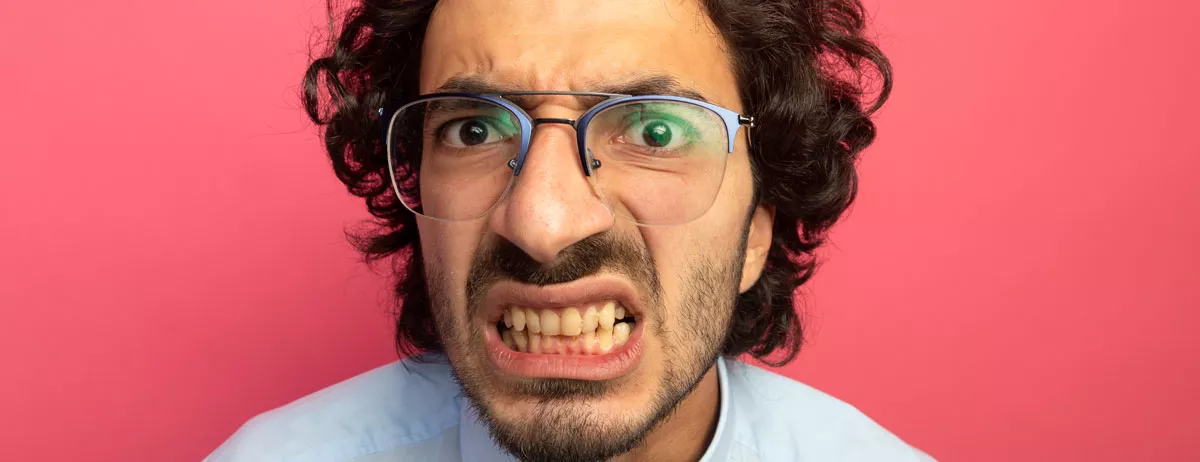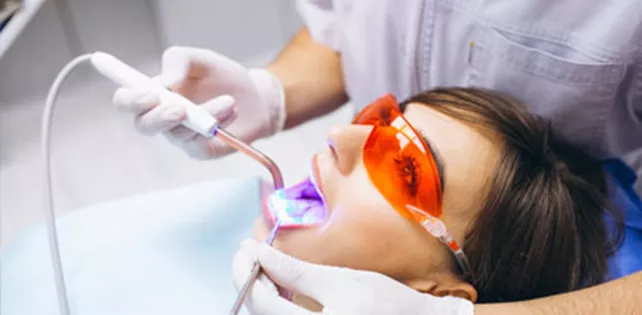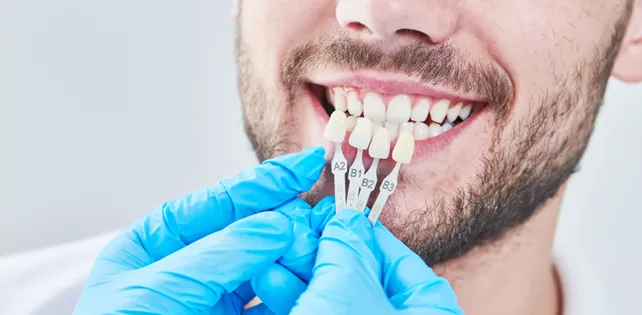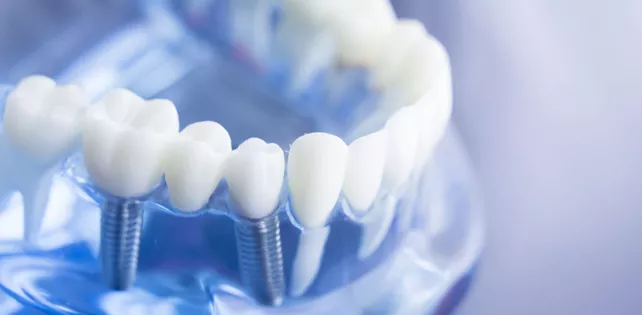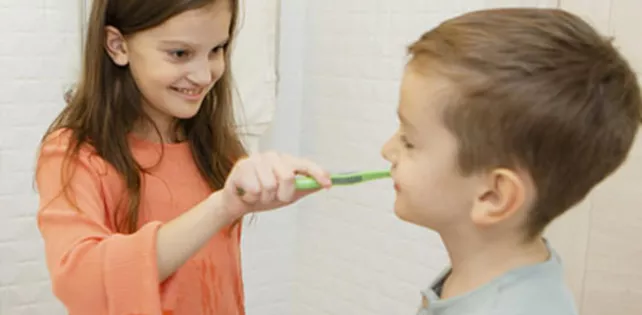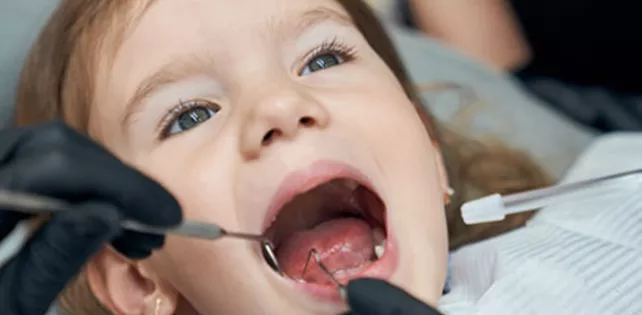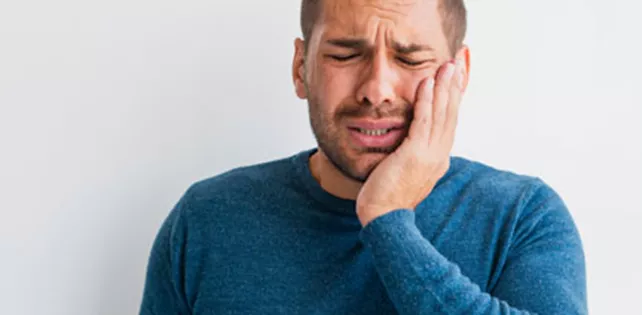Clenching Teeth: Causes, Symptoms, and Effective Treatment Methods
Clenching Teeth: Causes, Symptoms, and Effective Treatment Methods
Clenching teeth, medically known as bruxism, is a common condition where an individual unconsciously bites down or grinds their teeth. This habit can occur during the day or at night and may lead to serious dental and jaw problems if left untreated. In this article, we will explore what clenching teeth is, why it happens, the symptoms to watch for, potential risks, and proven treatments to help you manage or eliminate this condition effectively.
What Is Clenching Teeth (Bruxism)?
Clenching teeth refers to the involuntary or habitual grinding, gnashing, or clamping of the teeth. People with this condition may press their upper and lower teeth together tightly, sometimes with a grinding motion. It often occurs during sleep (nocturnal bruxism) but can also happen while awake (awake bruxism). The pressure exerted can be several times greater than normal chewing forces, which may cause damage to teeth, jaw muscles, and joints over time.
Common Causes of Teeth Clenching
There are multiple factors that can contribute to clenching teeth. While the exact cause can vary from person to person, some of the most common reasons include:
- Stress and Anxiety: Psychological stress is the most frequently cited cause. People under emotional strain often unconsciously clench their teeth as a physical response.
- Sleep Disorders: Conditions such as sleep apnea and snoring are linked to increased rates of nocturnal bruxism.
- Misaligned Teeth (Malocclusion): Improper alignment of teeth or jaw structure can cause uneven pressure and promote clenching.
- Lifestyle Factors: Excessive caffeine, alcohol consumption, and smoking may increase the likelihood of clenching.
- Medications and Medical Conditions: Certain medications, especially some antidepressants and antipsychotics, can trigger bruxism as a side effect.
Symptoms and Signs of Teeth Clenching
Recognizing the signs of clenching teeth is crucial for early intervention. Common symptoms include:
- Jaw Pain or Soreness: Persistent aching or tightness in the jaw muscles, especially upon waking.
- Tooth Sensitivity: Increased sensitivity to hot, cold, or pressure due to enamel wear.
- Headaches: Frequent tension headaches or migraines resulting from muscle strain.
- Tooth Damage: Chipped, cracked, or flattened teeth caused by excessive grinding.
- Ear Pain: A feeling of pressure or pain near the ear without infection, linked to jaw joint stress.
- Sleep Disruption: Restless sleep or partner complaints about grinding noises at night.
Risks and Complications of Untreated Teeth Clenching
If clenching is left unmanaged, it can lead to serious dental and health problems, such as:
- Tooth Wear and Fractures: Progressive loss of enamel, increased cavities, or even tooth loss.
- Temporomandibular Joint (TMJ) Disorders: Chronic jaw pain, clicking, or difficulty opening the mouth.
- Muscle Fatigue and Spasms: Persistent soreness and tension in the face, neck, and shoulders.
- Sleep Disturbances: Poor quality sleep leading to daytime fatigue and impaired concentration.
- Psychological Impact: Increased stress and anxiety due to pain and discomfort.
Diagnosing Clenching Teeth
Dentists diagnose clenching teeth by examining the patient’s teeth and jaw, looking for signs of wear or damage. They may also ask about symptoms like headaches or jaw pain. In some cases, a sleep study might be recommended to evaluate nighttime bruxism. Early diagnosis is important to prevent permanent damage.
Effective Treatment Options for Clenching Teeth
Treatment depends on the severity and cause of clenching. Here are common approaches:
1. Stress Management
Since stress is a leading cause, techniques such as meditation, yoga, counseling, and regular exercise can help reduce teeth clenching.
2. Mouthguards and Splints
Custom-made dental appliances protect teeth from grinding damage by creating a barrier between the upper and lower teeth during sleep.
3. Correcting Dental Issues
If malocclusion is a factor, orthodontic treatment or dental restorations might be necessary to improve bite alignment.
4. Medication
In some cases, muscle relaxants, anti-inflammatory drugs, or Botox injections can relieve muscle tension and reduce clenching.
5. Behavioral Therapy
Awareness techniques and biofeedback can help individuals control awake bruxism by teaching them to relax their jaw muscles.
Preventive Tips to Avoid Teeth Clenching
- Maintain a regular sleep schedule and ensure good sleep hygiene.
- Avoid excessive caffeine and alcohol, especially before bedtime.
- Practice relaxation techniques to manage daily stress.
- Avoid chewing gum or biting on hard objects.
- Visit your dentist regularly for check-ups and early detection.
When to See a Dentist or Doctor
If you experience persistent jaw pain, tooth damage, headaches, or notice grinding noises during sleep, it is important to seek professional help. Early diagnosis and treatment can prevent long-term damage and improve your quality of life.
